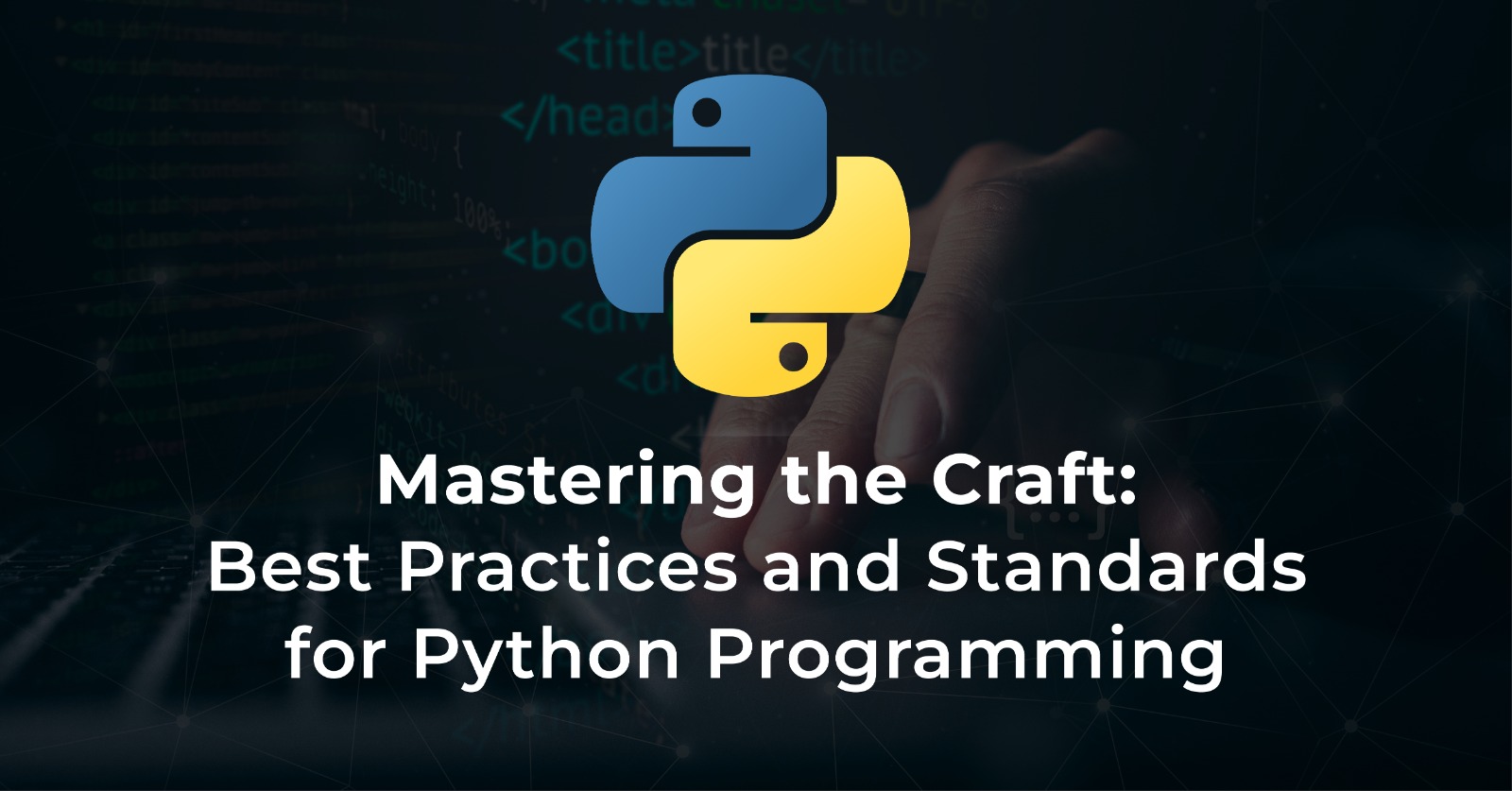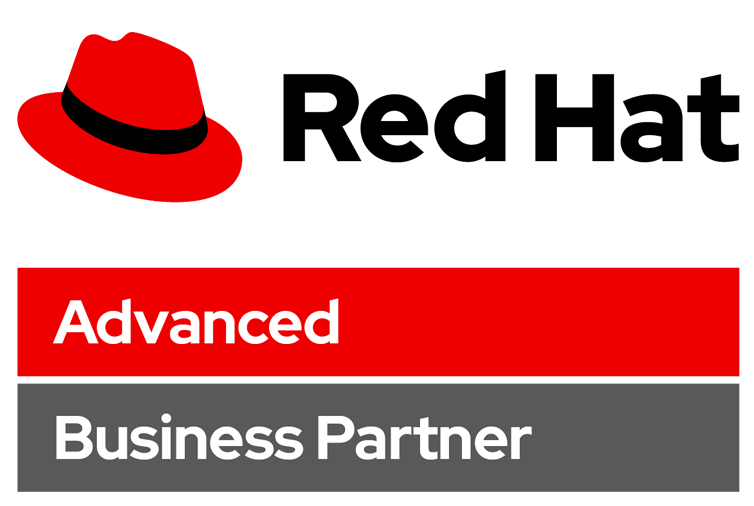Best Practices and Standards for Python Programming
Python Programming: Best Practices
Python is a versatile and powerful programming language that is widely used in a variety of applications, from web development to scientific computing to machine learning. As with any programming language, it is important to follow best practices and standards when writing Python code to ensure that it is efficient, maintainable, and error-free. In this article, we will cover some of the best practices and standards for Python programming.
PEP 8: Python Style Guide
PEP 8 is the official style guide for Python code, and following it can greatly improve the readability and maintainability of your code. Some of the key guidelines include:
- Use 4-space indentation, rather than tabs.
- Limit lines to 79 characters in length.
- Use descriptive variable names.
- Use spaces around operators and after commas.
Modularization
One of the key benefits of Python is its support for modular programming, where code is organized into modules and functions that can be reused across multiple applications. When writing Python code, it is important to follow good modularization practices, such as:
- Organize your code into separate files and directories.
- Use functions and classes to encapsulate functionality.
- Use import statements to bring in code from other modules.
Error Handling
Proper error handling is critical for any production-level application, and Python provides several mechanisms for catching and handling errors. When writing Python code, it is important to:
- Use try-except blocks to catch and handle exceptions.
- Raise exceptions when appropriate, using descriptive error messages.
- Use logging to capture error messages and debug information.
Documentation
Clear and concise documentation is essential for maintaining and updating Python code over time. When writing Python code, it is important to:
- Use docstrings to document functions and classes.
- Include comments to explain complex or non-obvious code.
- Use meaningful variable and function names to aid in understanding.
Testing
Testing is a crucial part of any software development process, and Python provides several frameworks for automated testing. When writing Python code, it is important to:
- Write unit tests for all functions and classes.
- Use testing frameworks such as pytest or unittest.
- Test edge cases and error conditions.
Performance
Python is known for its ease of use and readability, but it can sometimes be slower than other languages due to its interpreted nature. When writing Python code, it is important to:
- Use list comprehensions and generator expressions instead of loops where possible.
- Use built-in functions and libraries instead of reinventing the wheel.
- Use the timeit module to benchmark performance.
In conclusion, adhering to best practices and standards for Python programming is essential for building high-quality and maintainable applications. Aspiring Python developers can gain a strong foundation in these best practices and standards by enrolling in a Python Certification Course, such as the one offered by ipsr solutions limited.
The course covers a range of essential topics, from Python fundamentals and data structures to advanced topics such as web development, machine learning, and artificial intelligence. By following the guidelines outlined in this article and building on the knowledge gained through a Python Certification Course, developers can write efficient and effective Python code that meets industry standards and best practices.








